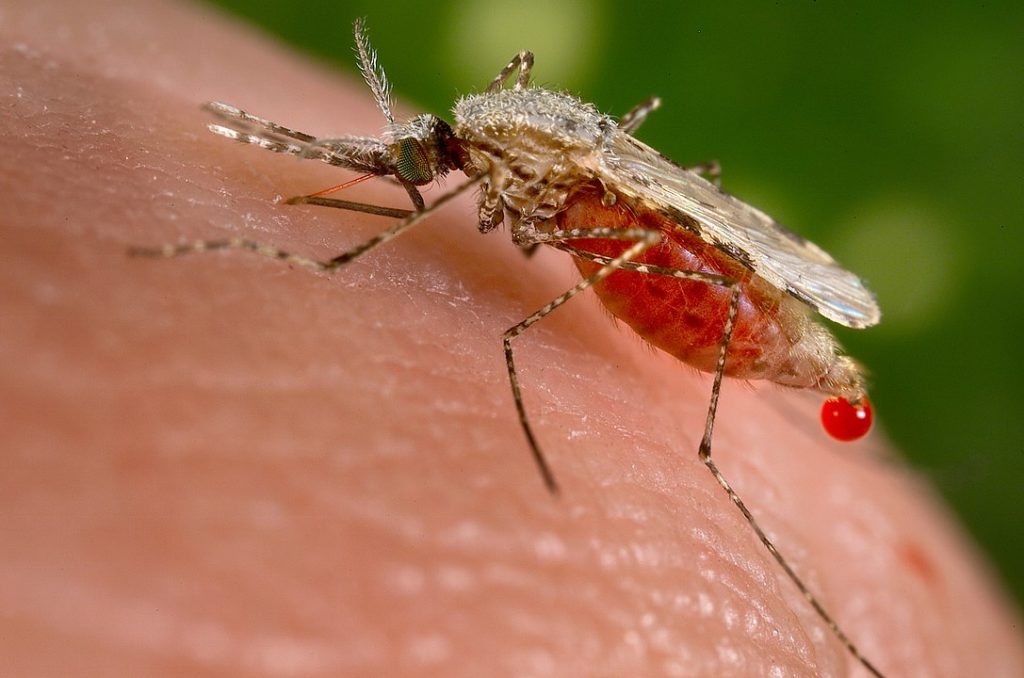Oxford University, one of the creators of the AstraZeneca vaccine against Covid-19, has reported a historic breakthrough in the development of a vaccine against malaria, one of the most deadly diseases on earth.
The university researchers carried out what is admittedly a small clinical study, involving 450 children aged five to 17 months in Burkina Faso.
Their candidate vaccine, named R21/Matrix-M, achieved a rate of efficacy of 77%, which is considered “highly effective” with the vaccine being well tolerated with a favourable safety profile.
Malaria, spread by the mosquito, has been considered one of the plagues of the modern world, long before Covid-19 made its appearance. Malaria is endemic in many parts of the world, including regions of Africa, where the mosquitoes breed in patches of standing water, just as their cousins do here in your back garden.
But in those regions, the sting of the mosquito can be deadly, with 229 million cases of infection registered in 2019, leading to 400,000 deaths, according to the World Health Organisation (WHO), including 270,000 children.
For that reason, the hunt for a vaccine has been going on for almost a century. One candidate, from GlaxoSmithKline, has achieved only 39% efficacy, and 29% among small children. Clinical trials are being carried out in Kenya, Ghana and Malawi.
The Oxford candidate is the first to achieve the WHO’s target of 75% efficacy, and while the research group is small, new trials in four countries will now begin involving 4,800 children.
Trials involving children are important because the group makes up more than half of all malaria deaths. Children are as susceptible to being infected as adults, but adults who were previously infected have a native immunity, and while they are still able to suffer the symptoms of the disease, they are less likely to die.
That immune protection is something a controlled vaccine could provide, making sure that the first infection, as it were, was administered with a vaccine, thus providing life-long protection.
“What we’re hoping to do is take that 400,000 down to tens of thousands in the next five years, which would be absolutely fantastic,” said Professor Adrian Hill, director of the Jenner Institute, where the Oxford/AstraZeneca Covid vaccine was invented. The vaccine has the potential to cut the death toll dramatically, he told the Guardian.
The institute hopes its partner, the Serum Institute of India, will be able to go ahead to produce 200 million doses of the vaccine a year.
Among the steps on the horizon: an application to the WHO for approval for use in Africa, and an application for a scientific opinion from the regulatory authorities in the UK and EU.
“They did Covid in months – why shouldn’t they do malaria in a similar length of time as the health problem is on an even greater scale in Africa?” Prof Hill said.
“Malaria killed at least four times as many more people in Africa last year as Covid did,” he told New Scientist. “Nobody for a moment questioned whether Covid should have an emergency use review and authorisation in Africa – of course it did, very quickly. So why shouldn’t a disease that firstly kills children rather than older people, and certainly killed an awful lot more, be prioritised for emergency use authorisation in Africa?”
Alan Hope
The Brussels Times

